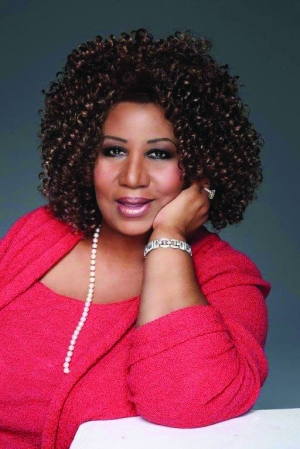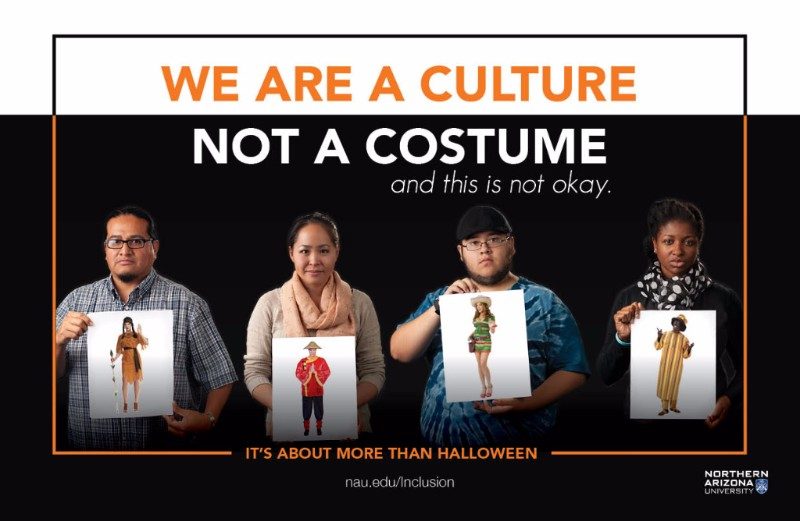By Haley Costen
Staff Writer

The Warburg panel presented its first lecture of the semester with “A World in Crisis: Diplomacy Today & Careers in Foreign Service.”
The LKP was packed last Wednesday with members of the Simmons community, as well as students from Boston University and Tufts who came to hear the panel speak about the importance of diplomacy and the process of finding a career in foreign service.
The panel included William M. Bellamy, a retired ambassador and the current Warburg Professor of International Relations; Thomas Hull, a retired ambassador and the former Warburg Chair of International Relations at Simmons; Mary Beth Leonard, the former U.S. ambassador to the Republic of Mali and current Diplomat in Residence at Tufts University; and Robert Loftus, a retired ambassador and the current Professor of Practice in the Pardee School of Global Studies at Boston University.
Bellamy spoke about the history of international crisis from World War I to today and the importance of effective diplomacy.
“Military force alone cannot repair a broken world order,” Bellamy said, referencing the wars following the terror attacks on September 11.
Bellamy also spoke about current world crises such as attacks by the Islamic State in Iraq and the Levant and Islamic State (ISIL/ISIS).
“Airstrikes can slow and disrupt this movement, but in the end only buy time,” Bellamy said.
Bellamy emphasized the need to communicate with countries that the United States may not necessarily agree with Iraq, Syria, and Russia, and spoke about the Americans misunderstanding that diplomacy only happens when war ends.
Leonard, Hull, and Loftus shared their own experiences with diplomacy while acting as ambassadors abroad, and the continued importance of diplomacy.
Leonard spoke about the process of negotiating and diplomacy, emphasizing that only two weeks previously she was in the midst of negotiations in Mali.
“I left knowing there were problems, but I was also optimistic,” Leonard said.
Loftus spoke about his experience with the high number of cases and spread of HIV and AIDS in the small African country of Lesotho.
“Your job as a diplomat is to promote your country’s interest,” Loftus said, “but your interest can be very broad.”
He was assigned to stop the spread of HIV/AIDS and studied and met with local people to discover how the disease was transferred.
“You have to work with people who know that society to make things work,” Loftus said.
The retired ambassador recalled seeing the cemetery in a nearby township triple and quadruple with the spread of the infection. Many of his colleagues spent their weekends going to funerals caused by the epidemic.
With the involvement of local officials and the enactment of government initiatives, Loftus saw the percent of the population infected with HIV/AIDS drop from 22 to 25 percent to around 19 to 20 percent.
Hull spoke about the influence of the media and society’s tendency to forget one crisis in response to a new one.
“Where are the school girls taken by Boko Haram?” Hull asked. “What happened to Malaysia Flight 370?”
“Some crises are chronic and cannot be ignored by diplomats while media attention wanes,” Hull said.
Hull also spoke about his experiences in Prague when the iron curtain fell, and his work in the apartheid controlled South Africa.
The apartheid regime did not fall until Hull was later assigned in Nigeria, but the success for South Africans effected and strengthened Nigeria.
He also spoke about the importance of working with countries that the United States disagrees with.
“Major crises are often portrayed as good versus evil, but it’s more complicated,” Hull said.
The panel concluded with a question and answer session and an information session on careers in Foreign Service. Students were invited to network and speak with the panel.














